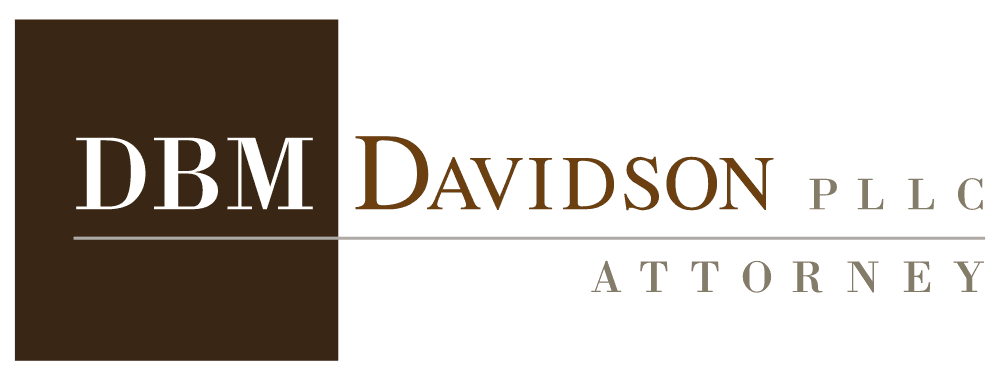What is bankruptcy? And how do bankruptcies work? In a technical sense, bankruptcy is the process by which a debtor’s assets and liabilities are administered under the Bankruptcy Code.
What is bankruptcy to an individual?
The principal purpose of the Bankruptcy Code is to grant a fresh start to the “honest but unfortunate debtor.”
That’s the first rule of how bankruptcies work. And the concepts are not new. In fact, the goals of modern personal bankruptcies incorporate the ancient objectives of:
- Protecting certain property from creditors;
- Equitably dividing assets that can’t be protected, if any;
- Deterring conduct that is harmful to creditors; and
- Discharging the debt of the honest debtor.
These goals are furthered by several key benefits found in personal bankruptcies.
HOW DO BANKRUPTCIES WORK?
First, the automatic stay will protect you and your assets as soon as you file bankruptcy, with few exceptions.
What does that mean to you?
It means that filing bankruptcy will give you immediate relief from the efforts of creditors to collect that debt in violation of the Bankruptcy Code. That’s a second way that bankruptcies work.
What is bankruptcy to a creditor? With limited exceptions, creditors must immediate discontinue:
- Collection calls or collection letters;
- Existing lawsuits, or future lawsuits based on existing claims;
- Wage garnishments; or other attempts to collect existing judgments;
- Repossession of vehicles or other personal property:
- Foreclosure of your residence or other real estate.
The automatic stay puts creditor action on hold while the bankruptcy case is administered; and while your assets and exemptions are being evaluated.
Although there are exceptions, most individuals that file personal bankruptcy have adequate exemptions to keep all of their property. That’s a third way that bankruptcies work – to protect property from creditors.
YOUR DEBT WILL BE DISCHARGED TO THE EXTENT ALLOWED BY LAW
Second, a fully administered bankruptcy will work to discharge all dischargeable debt. Most debts are dischargeable, and you’ll have no more personal liability for those debts.
The discharge of debt is a legal concept. The feeling that comes with a discharge of debt can be so much more.
LIFE CAN BE SO MUCH BETTER
“My life is so much better now“
These words were spoken by a recent client.
She completed her bankruptcy without any complications, and promptly received a discharge of her debt.
Most personal bankruptcies are just like hers. They’re predictably straightforward, and debts are discharged as expected.
What is bankruptcy to her? It is a path to a fresh start, and a chance for a brand new future.
She’s in control of her finances.
Stress has been replaced by security.
And she wishes she would have acted sooner.
LEARN MORE ABOUT HOW BANKRUPTCY WORKS
It’s often said that knowledge is power.
We’ve developed a course on personal bankruptcy that we provide, free of charge, in a series of confidential emails.
If you subscribe, you’ll learn how personal bankruptcies work to:
- Eliminate debt;
- Protect you and your property;
- Allow you to bring house payments current over time;
- Allow you to bring car payments current over time;
- Under some circumstances, allow you to eliminate a second mortgage;
- Protect against collection while past due taxes are paid; and
- Protect co-signers.
You’ll also learn:
- What debts are discharged in bankruptcy;
- What debts are not discharged in bankruptcy;
- The specific benefits of a Chapter 7 personal bankruptcy;
- The specific benefits of a Chapter 13 personal bankruptcy; and
- What to expect after filing bankruptcy.
